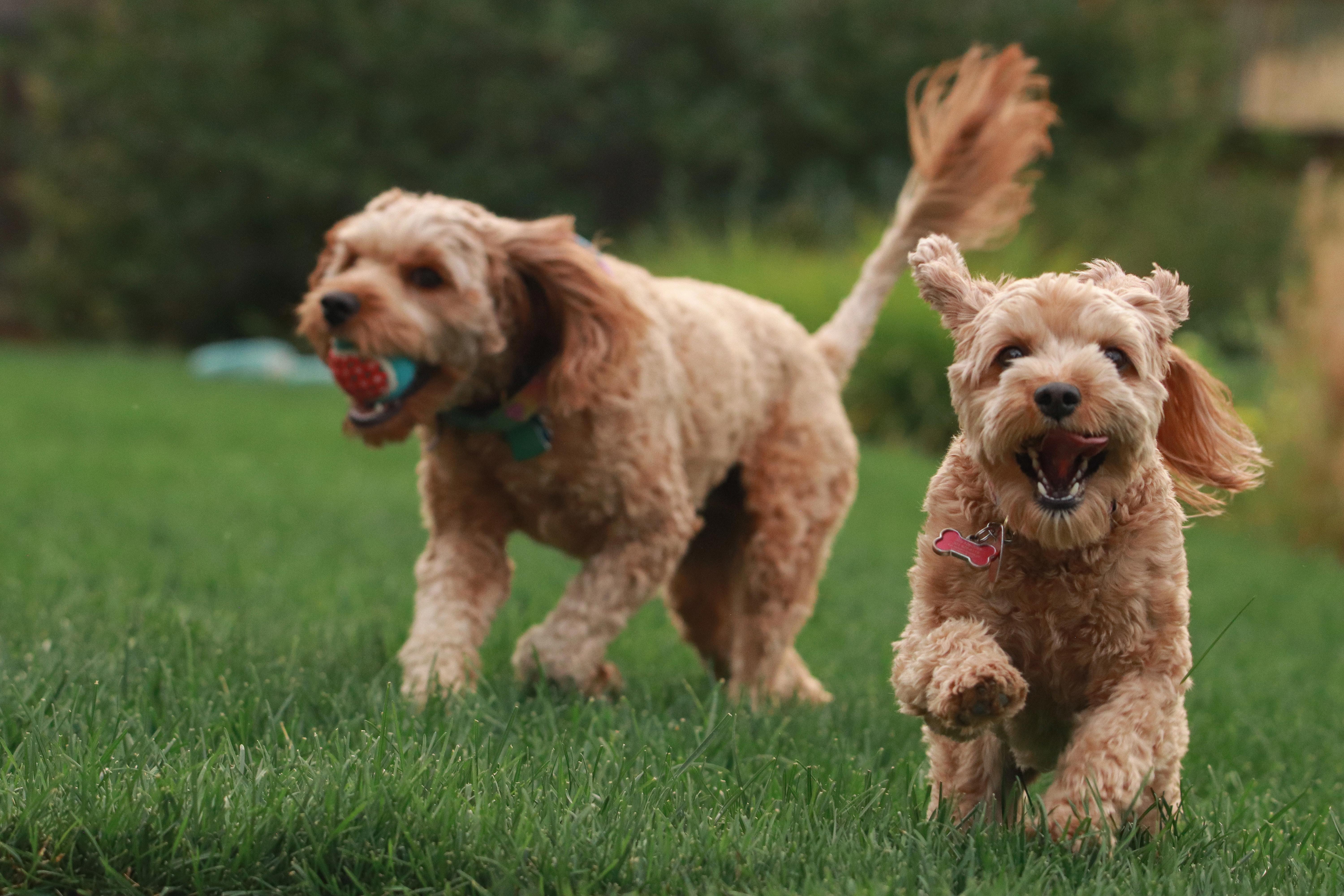Welcome to our latest blog post, where we delve into the fascinating world of Poodles and their unique eye health. As proud Poodle owners, it’s important to stay informed about the common eye problems that our furry friends may encounter. After all, their eyes are not only windows to their souls but also crucial for their overall well-being. In this article, we will explore some of the most prevalent eye problems that Poodles may experience and provide you with valuable insights on how to effectively treat and manage these issues. So, let’s embark on this insightful journey to learn how to keep an eye on our beloved Poodles!
Keeping an Eye on Poodles: Common Eye Problems and Effective Treatments
Poodles are intelligent, elegant, and highly popular dogs known for their distinctive curly coats and graceful appearance. However, just like any other breed, Poodles are prone to certain health issues, and eye problems are no exception. This blog post aims to shed light on some of the most common eye problems that Poodles may experience and provide insights into their effective treatments.
1. Cataracts:
Cataracts are a prevalent eye problem among Poodles. They manifest as cloudiness or opacity in the lens of the eye, resulting in blurred vision or even blindness. Poodles can be affected by both congenital and acquired cataracts. Congenital cataracts are present at birth or develop early in a dog’s life, while acquired cataracts develop later due to factors such as aging, injury, or underlying health conditions.
Treatment:
The treatment for cataracts in Poodles generally involves surgical removal. Phacoemulsification, a procedure that utilizes ultrasound energy to break up and remove the clouded lens, is the most common surgical technique used. After the lens is removed, an artificial intraocular lens (IOL) may be implanted to restore clear vision. It is essential to consult with a veterinarian specializing in ophthalmology to determine the most appropriate treatment plan for your Poodle.
2. Progressive Retinal Atrophy (PRA):
Progressive Retinal Atrophy is a group of hereditary eye diseases that gradually lead to the degeneration of the retina. PRA is characterized by a progressive loss of vision, starting with reduced night vision and eventually resulting in total blindness. It is important to note that PRA can affect Poodles of all sizes and varieties.
Treatment:
.jpg)
Unfortunately, there is no cure for PRA. However, early detection is crucial in managing the disease and preserving the dog’s remaining vision. Regular veterinary check-ups, including comprehensive eye examinations, can help identify PRA in its early stages. Although there is no official treatment, some supplements, such as antioxidants and omega-3 fatty acids, may help slow down the progression of the disease.
3. Cherry Eye:
Cherry eye is a condition characterized by a prolapse of the gland of the third eyelid. This gland is located in the corner of the eye nearest to the nose and provides lubrication to the eye. When it prolapses, it becomes red and swollen, resembling a cherry, hence the name cherry eye. Poodles, especially those with a genetic predisposition, are prone to this condition.
Treatment:
Surgical intervention is often necessary to correct cherry eye. The procedure involves repositioning the gland and securing it in its original position. Early surgical correction is vital to prevent complications such as dry eye and possible permanent damage to the gland tissue. If you notice any signs of cherry eye in your Poodle, seek immediate veterinary attention.
4. Epiphora:
Epiphora refers to excessive tearing or watery eyes. This condition can be caused by various factors, including allergies, blocked tear ducts, foreign objects in the eye, or structural abnormalities. Poodles with long hair around their eyes are more susceptible to epiphora as the hair can irritate the eyes and obstruct proper tear drainage.
Treatment:
The treatment for epiphora depends on the underlying cause. If it is due to allergies, eliminating the allergen or using antihistamines may help. If blocked tear ducts are the issue, flushing the ducts or surgical intervention might be necessary. Regular cleaning of the area around the eyes and trimming the hair can also alleviate symptoms and prevent further irritation.
As responsible pet owners, it is our duty to keep a close eye on our Poodles and ensure their overall health and well-being. Regular veterinary check-ups, including thorough eye examinations, are essential in identifying and treating common eye problems. By being aware of the potential eye issues Poodles may face and understanding their treatments, we can provide the best care for our beloved companions. Remember, early detection and prompt treatment are key to maintaining good ocular health in Poodles.
In conclusion, it is crucial for Poodle owners to remain vigilant when it comes to their furry friend’s eye health. By being aware of the common eye problems that Poodles may experience, such as cataracts, progressive retinal atrophy, and dry eye, and understanding the available treatment options, we can help ensure that our beloved companions receive the care they need. Remember, regular eye examinations, proper grooming, a balanced diet, and keeping the environment clean and safe can go a long way in preventing and managing these issues. By prioritizing our Poodle’s eye health, we can enhance their quality of life and continue to enjoy the boundless love and joy they bring to our lives. So, let’s keep our eyes on our dear Poodles and provide them with the best care possible!


.jpg)
.jpg)
%20-%20Copy.jpg)

.png)

%20-%20Copy.png)